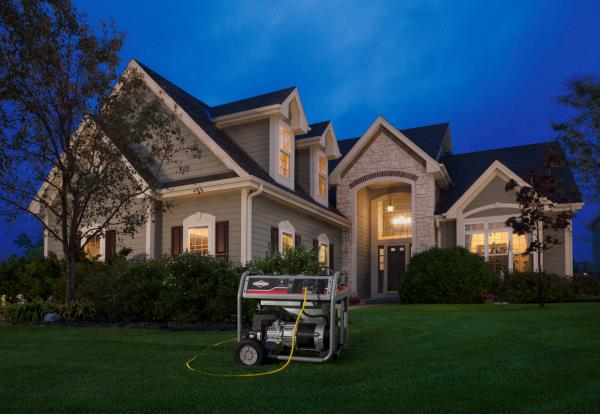Tips for Weathering Power Outages this Storm Season
Published 12:00 am Monday, May 12, 2014
(StatePoint) Power outages can be inconvenient, costly and even dangerous. Being prepared is especially important when wicked seasonal weather — such as hurricanes, thunderstorms, tornadoes and heat waves — are more likely to take a toll.
No matter where you live, make sure your home and family are ready.
Outage Tolls
Nearly 70 percent of U.S. adults who experience a power outage are saddled with costs, according to a recent Harris Interactive survey sponsored by Briggs & Stratton Corporation. Expenses include supply purchases, such as flashlights, portable generators and candles, property damage and replacing spoiled food. Additionally, your home may be uninhabitable in extreme weather.
Prevention
Does your neighborhood have above-ground power lines? While you may not have autonomy over your entire block, you can maintain trees in your own yard to help prevent outages. Eliminate dying trees and keep overgrown branches trimmed.
Stay Powered
In the event of an outage, you can keep the lights on with a generator. Portable generators allow you to keep your personal electronics charged for emergency situations as well as keeping in-touch with family members.
Just be sure to use it safely.
“A portable generator can pay significant dividends during storm season,” says Eric Loferski, Director of Marketing for Briggs & Stratton Portable Power. “But generators can be dangerous if not operated properly.”
When operating a generator, keep these safety tips top of mind:
• Don’t run your generator inside enclosed areas, even when using fans or opening doors and windows for ventilation. Deadly levels of carbon monoxide (CO) can quickly build up and linger for hours, even after the generator has shut off.
• Locate the unit outside and far from doors, windows, vents and other openings that could allow CO to be drawn indoors. Direct the exhaust away from potentially occupied spaces.
• Maintain CO alarms in your home.
• Get to fresh air right away if you start to feel dizzy or weak.
• Generators pose a risk of shock and electrocution, especially when operated in wet conditions. Wait for rain to pass before using a generator or protect it from moisture under an open, canopy-like structure on a dry surface where water cannot reach it. Dry your hands before touching the generator.
• Connect electrical products to the generator using heavy-duty extension cords specifically designed for outdoor use. Make sure the wattage rating for each cord exceeds the total wattage of all appliances connected to it.
• Never power your house wiring by plugging the generator into a wall outlet. This practice, known as “back feeding,” presents an electrocution risk to utility workers and others served on the power grid.
More generator safety tips can be found at www.BriggsAndStratton.com.
Take steps to prevent power outages, and consider stocking your home with a high-quality generator and the know-how to use it safely.
*****






